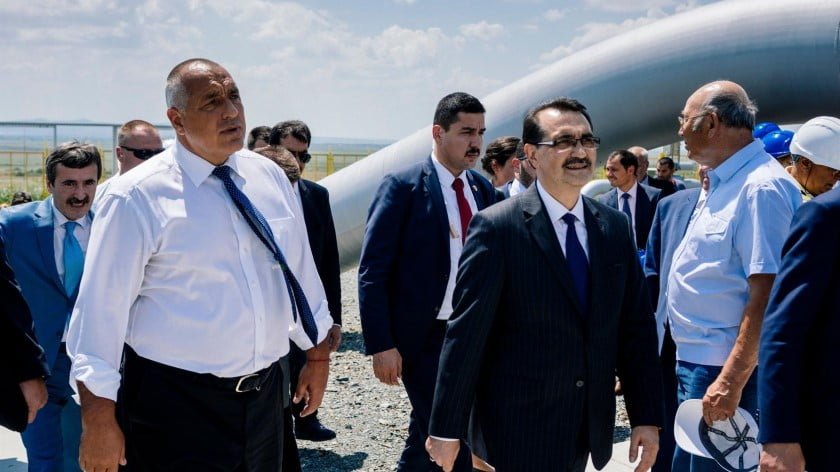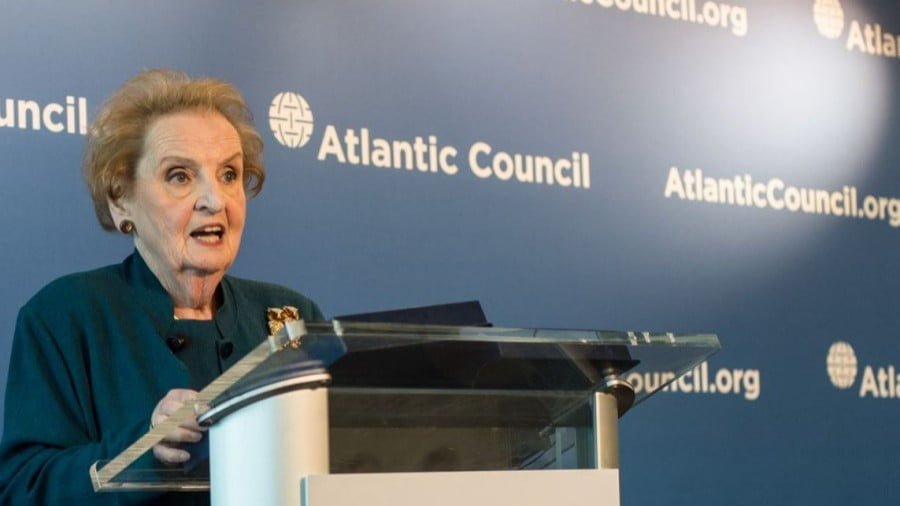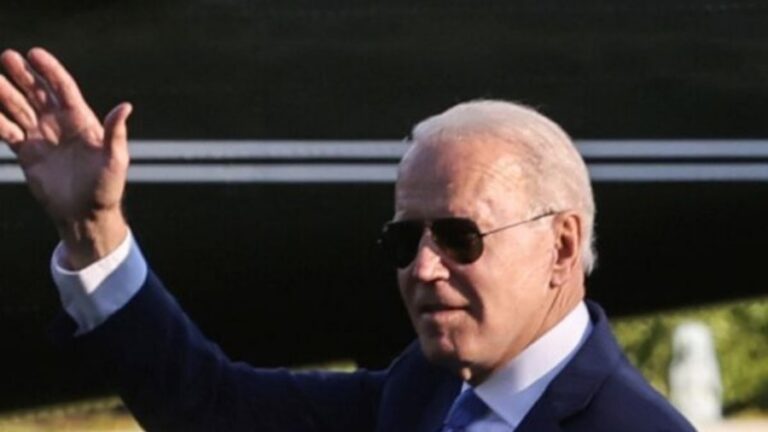Will Trump Have the Courage to Sound a Retreat in Afghanistan
The war in Afghanistan is not just the longest and most expensive American war to date, it also seems that it can be carried on indefinitely, largely due to the fact that it resembles the catastrophe US troops faced in Vietnam. However, there’s no way for Washington to back away from it without a significant loss of face, and there’s a lot at stake from the point of view of national pride.
The American invasion of Afghanistan has put the country on the brink of total anarchy, in spite of the fact that massive resources were pumped into it. It doesn’t make much sense to keep throwing money away, so it makes perfect sense that President Trump has already announced that he wants to put an end to this otherwise endless war. At the end of the day, it was him who demanded the Democrats to rethink their actions, since, according to his opinion, Washington could rebuild the country twice on the 6 trillion dollars that were wasted on the Middle Eastern wars.
White House press secretary Sean Spicer has recently announced Trump’s administration is developing a new strategy for Afghanistan. According to Spicer, Washington is reviewing its policies in Afghanistan, and it’s working with key Afghan military figures in a bid to develop a comprehensive approach to defeating ISIS. However, although President Trump has not specified his intentions yet, it is difficult to imagine him approving negotiations with the Taliban. It is equally difficult to imagine the America commander-in-chief sounding a massive retreat from this country.
One cannot help but agree with Trump on the absence of any resourcefulness in Washington’s actions in the region, so it would only be wise for him to put a ban on the transfer of additional 4.6 billion dollars that are to be pumped into the Afghan economy this year.
Washington has already wasted a total of 115 billion of dollars on the so-called reconstruction of Afghanistan but with no visible results for US taxpayers. For one to be able to better imagine this amount of money, one may mention that the entire Marshall plan of 1948-1952 that was put in place to restore the whole of Western Europe after the devastation of World War II, amounted to mere 103 billion dollars in today’s money. Against this background, it’s hard to comprehend how the small state of Afghanistan could absorb that much money while remaining a disaster zone.
The US launched a military invasion of this country back in 2001, immediately after the 9/11 attacks and Taliban’s reluctance to hand over Osama bin Laden to Washington. The official objectives of the invasion was the overthrow of the Taliban regime, the liberation of the territory of Afghanistan from its influence and the consequent trial of all al-Qaeda leaders that US soldiers hoped to capture.
Intelligence and analysis company Stratfor claims that before entering the election campaign, Donald Trump released a video where he claimed the United States decision to invade Afghanistan was a mistake and that US troops should be withdrawn from this country.
Those supporting the idea of a US withdrawal from Afghanistan have been stressing time and time again that if the Taliban seize all power in Afghanistan once US servicemen pack up and leave, it is extremely unlikely that this movement would pose any direct threat to the United States.
The White House’s final decision on Afghanistan is likely to be made following a comprehensive review of this issue with Trump’s top military brass that are unlikely to refuse to carry on the war. It should also be remembered that the United States was planning to carry on its presence in Afghanistan, since it’s a potential transit zone both through East-West and North-South routes, therefore it would be able to apply leverage on Russia, Central Asian states, Pakistan, India and China. Hypothetically, Washington could secure it’s presence in the country through a stable puppet regime, which would be an optimal scenario for the United States.
Yet, the Taliban continue to control a large chunk of Afghan territory, and should a small American contingent be left in the country to support the puppet government, it is entirely possible that a new struggle over the control of the country will erupt, which will completely nullify the results of the American invasion.
As for the presence of ISIS troops in Afghanistan, what we’re dealing with here with is small radical groups that refuse to pledge allegiance to either the Taliban or the official government in Kabul, that’s why they declare themselves to be some sort of “supporters” of ISIS’s cause. At least, this phenomenon will come to naught, if international players put an end to ISIS itself. So, any claims that Washington is going to fight ISIS in Afghanistan, is nothing but an attempt to divert public attention away from the tricks it had in store for the Taliban, since the latter is not going anywhere.
It seems that today, Washington’s reluctance to leave Afghanistan is governed by its reluctance to leave this strategically important country “in Russia’s hands”, since Moscow has recently significantly stepped up its activities there.
Another unannounced concern is the strengthening of China’s presence in Afghanistan, since there’s been evidence that China’s regular troops are operating deep inside the Afghan territory, along with patrolling alongside Afghan forces. One of the purposes of such patrols is to catch Uighur militants returning from Mosul and Raqqa. In addition, there are suggestions that “after the US and NATO withdraw,” Beijing will be willing to play a more active role in stabilizing the situation in Afghanistan, although it is still impossible to say exactly how much China wants to participate in the settlement of the conflicts in that country.
It can be said with certainty that the White House is gradually realizing that all the previous invasions to Afghanistan ended in a return to the status quo that existed before them. Therefore, the United States is likely to remain there in a bid to prove history wrong, willing to keep this strategically important country within its grasp.
By Martin Berger
Source: New Eastern Outlook







